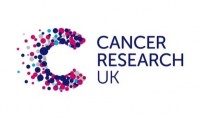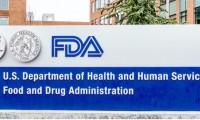-
Cancer Research UK and Guardant collaborate to advance cancer detection and treatment
- Source: drugdu
- 87
- December 6, 2023
-
Pfizer Nixes Twice-Daily Oral GLP-1 Candidate After High Rates of Side Effects
- Source: drugdu
- 188
- December 5, 2023
-
Phenomic scores two deals in two days with Boehringer and Astellas
- Source: drugdu
- 119
- December 5, 2023
-
FDA to investigate risk of T-cell malignancy from CAR-T cell immunotherapies
- Source: drugdu
- 100
- December 4, 2023
-
Amgen and MSD-backed start-up wins $10m for drug and device development
- Source: drugdu
- 137
- December 2, 2023
-
FDA Accepts New Drug Application for Karuna Therapeutics’ Novel Schizophrenia Drug
- Source: drugdu
- 100
- December 1, 2023
-
【EXPERT Q&A】What are the processes involved in exporting pharmaceuticals to Japan?
- Source: drugdu
- 258
- December 1, 2023
-
FDA opens investigation into secondary cancer risk with CAR-T therapies
- Source: drugdu
- 96
- December 1, 2023
-
FDA Launches Probe of Malignancies Linked to CAR-T Therapies
- Source: drugdu
- 110
- November 30, 2023
your submission has already been received.
OK
Subscribe
Please enter a valid Email address!
Submit
The most relevant industry news & insight will be sent to you every two weeks.













